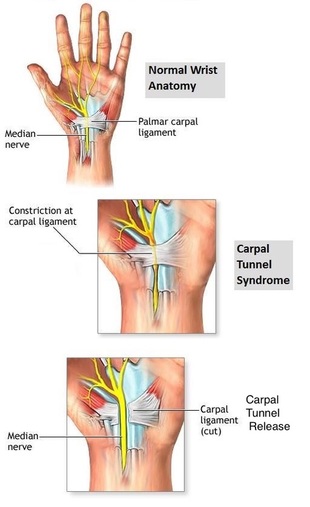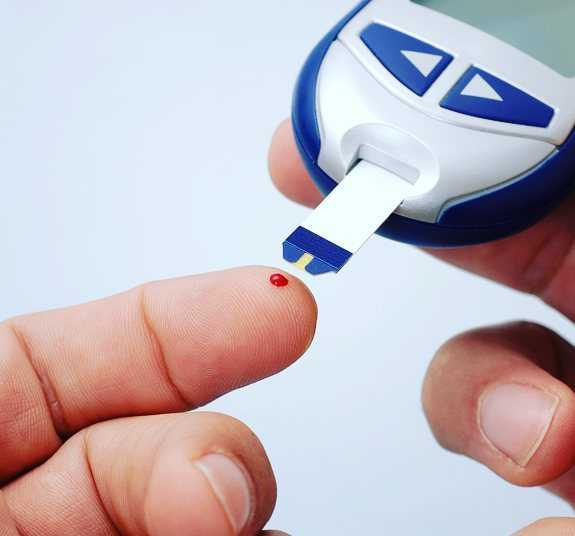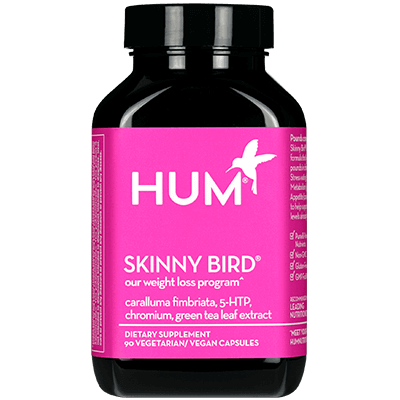Prediabetes can be reversed with the proper nutrition, weight loss, exercise and healthy lifestyle as we have discussed in previous posts. Additional factors in reversing prediabetes are prescription medications, supplements and meditation.
Metformin
Metformin is the primary prescription medication recommended for treatment of prediabetes. Metformin was recommended by the American Diabetes Association Standards of Medical Care in 2013 and is still recommended in the latest 2016 edition. Check out the ADA 2016 recommendations and more information on preventing diabetes: 2016 ADA Recommendations.
The ADA suggests metformin therapy for prevention of type 2 diabetes should be considered in those with prediabetes, especially in those with BMI (Body Mass Index) >35, those aged <60 years, and women with prior gestational diabetes mellitus. Additionally, metformin has been shown to be safe long-term as well as have secondary health benefits such as reductions in body mass index (BMI) and light density lipoprotein cholesterol (LDL) or bad cholesterol.
Vitamin D
Some studies have suggested that vitamin D helps prevent the progression of prediabetes to diabetes, however, a recent study showed that vitamin D 20,000 IU per week for five years, did not prevent progression from prediabets to diabetes. This study came from the journal of clinical endocrinology.
The reasoning behind the importance of vitamin D supplementation originally came from studies such as those published by the Journal of Endocrinology from 1988. These studies suggested that vitamin D deficiency in experimental animals leads to reduced insulin secretion which may be restored with vitamin D supplementation.
More recently, studies with vitamin D supplementation for improving glucose tolerance or prevention of Type II Diabetes, have not shown very positive results (Journal of Clinical Endocrinology Metabolism 2014). One reason may be that the effect of vitamin D on glucose metabolism is small, and that the duration of the published studies where short term.
Because type II diabetes develops gradually over many years through a prediabetic stage, it is possible that an effect of vitamin D supplementation on prevention of type II diabetes may take years to become evident. In short, if you do have a vitamin D deficiency it is important to discuss the best way to increase your level with your primary physician. Vitamin D deficiency is detected in the blood and your physician can recommend the correct supplemental dosage based on your lab results.
Vitamin K1
Those with pre diabetes have blood sugar levels that are higher than normal but not yet high enough to be considered full onset diabetes. Vitamin K1, also known as phylloquinone, has been shown to provide beneficial effects on blood sugar and insulin health in prediabetics.
A 4 week study showed that those who took 1000mcg of vitamin K1 significantly increased insulin sensitivity and improved blood sugar control compared to the placebo group. Blood samples were studied to measure osteocalcin, a hormone that is thought to affect blood sugar health. Osteocalcin is a protein hormone found in bone that depends on vitamin K1 for production. Basically, by getting enough vitamin K1 in your diet, more osteocalcin can be produced in the body helping to release insulin from the pancreas and prevent diabetes. Additionally, osteocalcin administration in mice has been shown to decrease fat pad mass and serum triglyceride levels.
Foods that contain vitamin K1 include kale, spinach, mustard greens, collard greens, swiss chard, broccoli, brussel sprouts and asparagus just to name a few. There are vitamin K supplements that are available as well. Many of these include vitamin K1 and K2. Vitamin K also helps support healthy bones and arteries.
Meditation
The final section in this three part series on reversing prediabetes is about the benefits of meditation. I recommend beginning with an easy 10 minutes per day. There are easy to use meditation apps like Headspace and Stop, Breathe & Think that will help teach and guide you through the basics.
Meditation will help you to relax and deal with stress in a new way. At times, life stresses us all out! However, for those with prediabetes or diabetes, stress presents additional problems. Stress can directly effect blood glucose levels. Also, we are more likely to participate in behaviors that are unhealthy when we are stressed. We may tend to eat more high-carbohydrate foods like chips and cookies, or sit on the couch and watch TV instead of exercising.
Research studies suggest that regularly practicing meditation helps people reduce their response to stress by slowing heart rate, lowering blood pressure, reducing oxygen intake, and changing the brain waves to a more relaxed state. Controlling your response to stress is also likely to lower blood glucose levels. Regular meditation will help you think clearly before acting. You will be able to handle stress more easily and make better decisions.
There are so many ways to get started meditating. As I mentioned above, meditation apps are an easy and inexpensive way. Also, youtube has several guided meditation videos. Take a look at these youtube channels; The Honest Guys and Jason Stephenson. Take an extra 10 minutes or so out of your day to focus on yourself, it is well worth it!
Cheers to your health!
















 RSS Feed
RSS Feed

